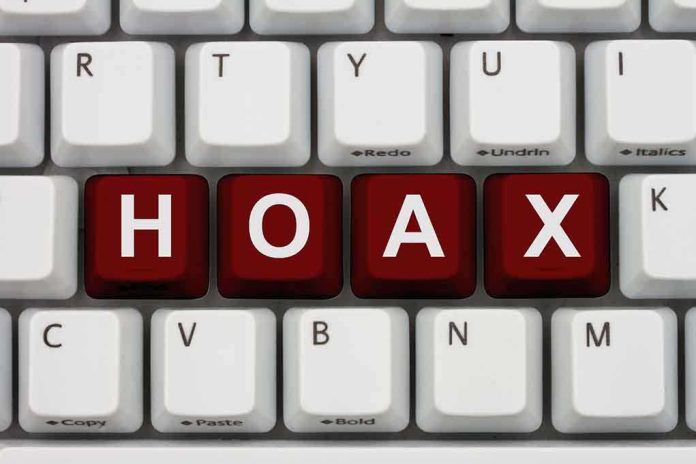
Did key evidence questioning Russia’s supposed support for Trump in the 2016 election get intentionally buried, or is this just another chapter in a convoluted tale of political intrigue?
At a Glance
- DNI Tulsi Gabbard releases documents alleging evidence suppression by Obama-era officials.
- Debate reignites over the 2016 election interference narrative.
- Partisan divisions deepen as each side interprets new findings differently.
- Concerns of a “deep state” conspiracy resurface among conservative circles.
New Revelations or Political Theater?
In a bombshell revelation, Director of National Intelligence Tulsi Gabbard has declassified over 100 pages of documents, alleging that officials from the Obama administration actively suppressed intelligence that contradicted the narrative of Russia’s interference in favor of Donald Trump in the 2016 election. Gabbard, who characterized these actions as a “treasonous conspiracy,” has announced plans to refer these officials to the Department of Justice for potential prosecution.
These documents reportedly indicate that initial assessments by the intelligence community suggested that Russia was “probably not” trying to influence the election through cyber means. However, as we’ve seen time and again, the narrative that eventually took hold painted a much different picture, one that has been used to delegitimize Trump’s presidency from the start. With these new revelations, conservatives are once again questioning the integrity and motivations of those within the “deep state.”
Partisan Interpretations and Battle Lines
As expected, these new documents have reignited the fiery debate over the legitimacy of the Russia investigation and the 2016 election outcome. While Gabbard and Trump allies argue that these findings vindicate claims of a conspiracy against Trump, Democrats and former Obama officials stand by the conclusions of past investigations, which found Russian interference efforts favored Trump.
The partisan divide is palpable. For conservatives, who have long felt alienated by what they perceive as a biased mainstream media and political establishment, Gabbard’s findings are a welcome confirmation of suspicions they’ve held for years. However, Democrats and many nonpartisan experts caution against drawing definitive conclusions from these documents, arguing they are being misinterpreted or taken out of context.
Potential Implications for the Future
The implications of these revelations are vast and multifaceted. In the short term, we can expect a power struggle in Congress, with potential hearings and investigations into the alleged suppression of evidence. The long-term impacts could be even more significant, potentially eroding public trust in intelligence agencies and the electoral process itself. This trust is crucial for the functioning of a healthy democracy, and its erosion could have dire consequences for the nation’s political and social fabric.
The narrative of a “deep state” conspiracy is not new, but these latest developments could breathe new life into it, further polarizing an already divided nation. The credibility of intelligence agencies, already under scrutiny, may suffer additional setbacks, prompting calls for reform or restructuring in how these agencies operate.
The Need for Further Investigation and Analysis
While the documents released by Gabbard have ignited discussions, they are not the final word on the matter. There remains a need for independent analysis and verification to fully understand the context and implications of these documents. The Mueller report and the bipartisan Senate Intelligence Committee findings, which concluded Russia sought to help Trump, still stand as authoritative sources. Yet, the new documents suggest that early intelligence assessments may have been less definitive, raising questions that deserve thorough exploration.
The political landscape is fraught with narratives that seek to delegitimize unfavorable findings, and the concept of a “deep state” plays into these narratives. As we move forward, it is crucial that we seek clarity and truth, rather than allowing partisan interpretations to further muddy the waters of an already complex political saga.
Sources:
Wikipedia on Russia Investigation Origins Conspiracy Theory



